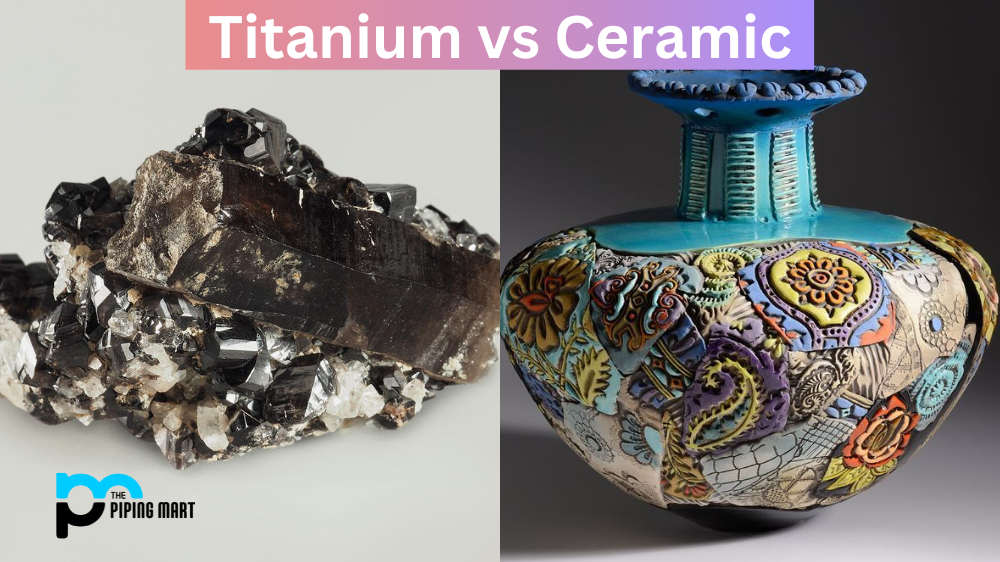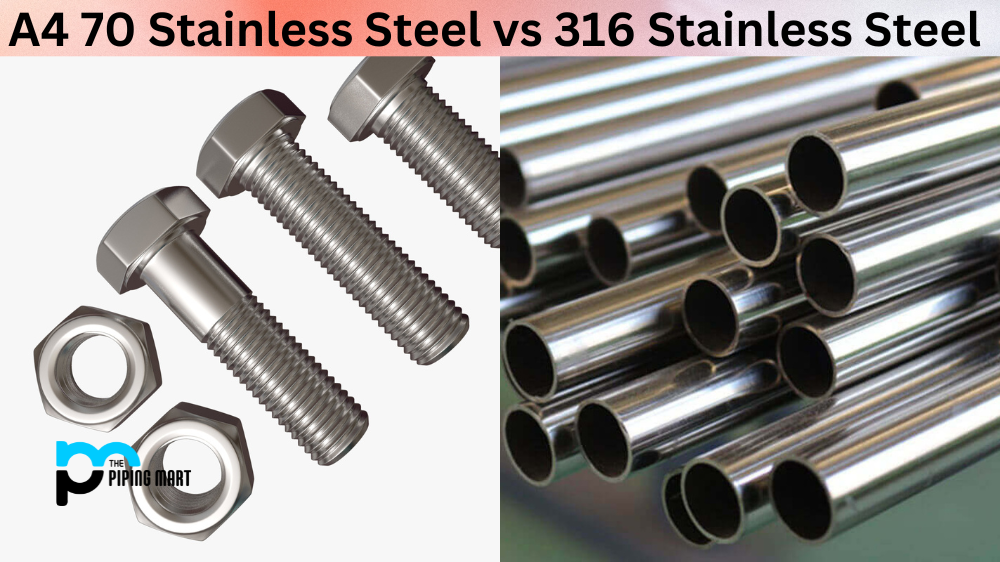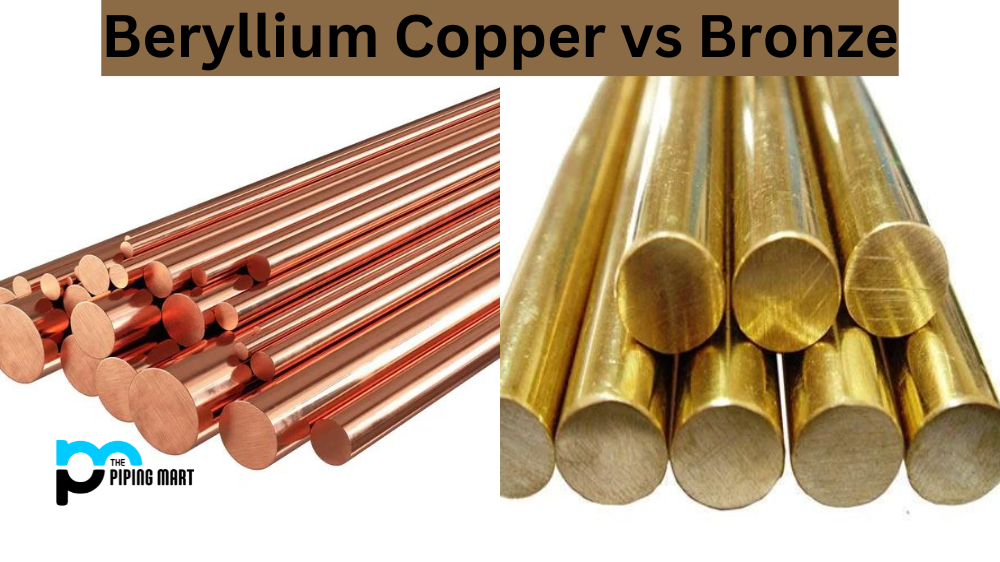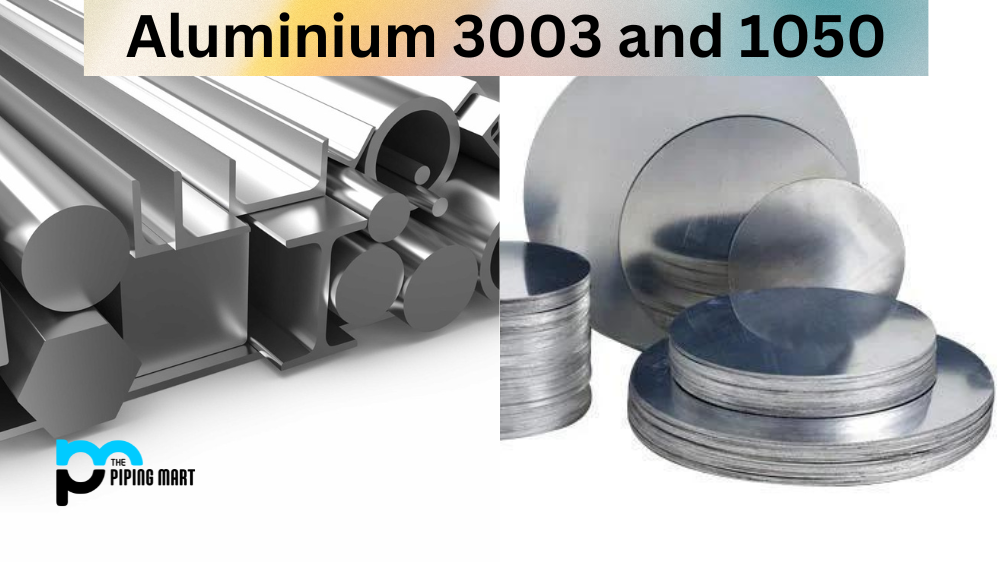Titanium and ceramic are both popular choices, but how do you decide which one is right for you? Well, it all depends on your cooking style and the type of meals you plan to make. Let’s take a look at the differences between titanium and ceramic to help you decide which one is best for your kitchen.
Titanium
Titanium is made from an alloy of titanium and aluminum. It’s lightweight yet incredibly durable, making it ideal for long-term use. Titanium is great for searing meats, browning vegetables, and sautéing ingredients because of its excellent heat distribution. It also doesn’t react with acidic foods like tomatoes or lemons, so there’s no need to worry about flavor transfer. However, titanium can be sensitive to scratches and should be handled with care.
Ceramic
Ceramic is made from a non-metallic material that is easy on knives and won’t scratch or dent easily like other materials. It has an attractive glossy finish that won’t fade over time. Ceramic is great for slow-cooking dishes like stews or risotto because of its even heat distribution. The non-stick surface also makes clean-up a breeze! However, ceramic cookware can be more fragile than other materials, so it’s important to handle it with care when cleaning or cooking with it.
Difference Between Titanium and Ceramic
Titanium and ceramic are two popular materials used in everyday items such as jewelry, cookware, and sunglasses. Despite their many similarities, the two possess distinct characteristics that make them different from each other. Titanium is a silver-gray metal that is known for its strength and light weight; it’s also highly resistant to corrosion. This material is often used in medical devices such as joint replacements due to its ability to withstand wear and tear. Ceramic, on the other hand, is a heat resistant material made up of clay minerals mixed with various oxides. Its ability to absorb energy without breaking makes it ideal for use in items like cutting tools and cooking vessels. Both materials offer solid durability, but ceramic possesses a greater amount of heat absorption than titanium which makes it superior for certain everyday items.
- Titanium is a stronger metal than ceramic, making it more durable.
- Titanium is also less brittle than ceramic, meaning it is less likely to shatter or break.
- Titanium has a lower thermal conductivity than ceramic, meaning it is better at insulating against heat.
- Titanium is more expensive than ceramic.
- Ceramics is more resistant to corrosion than titanium.
Conclusion:
Titanium and ceramic both have their advantages depending on your cooking style and needs in the kitchen. Titanium offers excellent heat distribution, while ceramic delivers even heating, perfect for slow-cooking dishes like stews or risottos. Ultimately, the choice between these two materials comes down to your personal preference; each type has its own unique benefits that can help make mealtime a little easier! No matter which one you choose, both will last through many meals if taken care of properly!

A passionate metal industry expert and blogger. With over 5 years of experience in the field, Palak brings a wealth of knowledge and insight to her writing. Whether discussing the latest trends in the metal industry or sharing tips, she is dedicated to helping others succeed in the metal industry.




